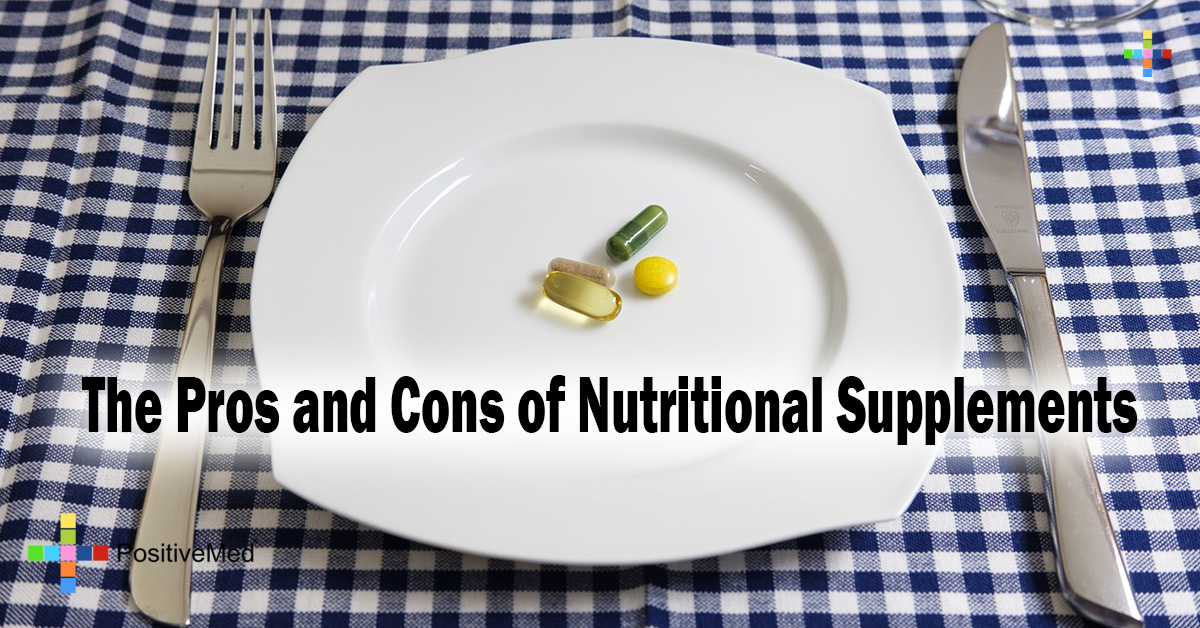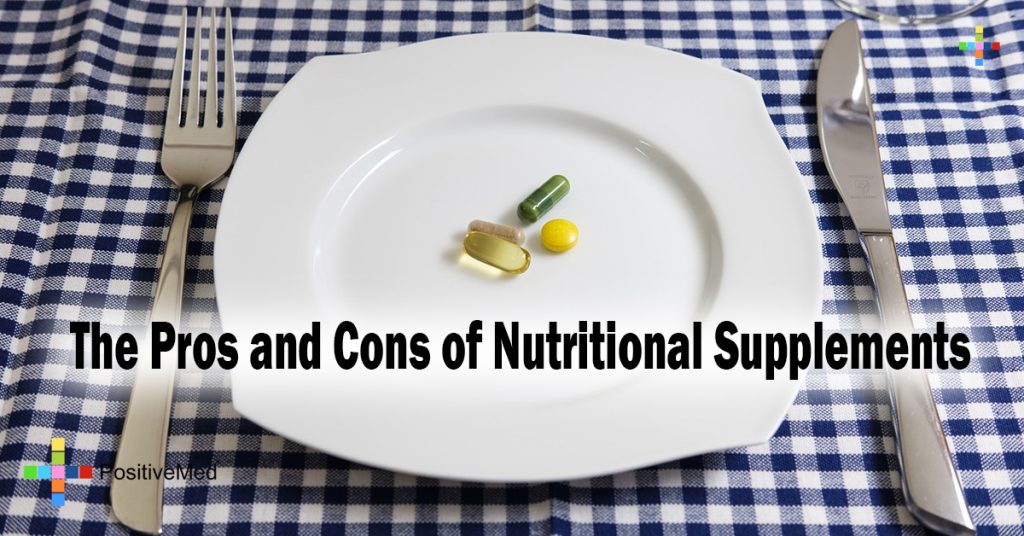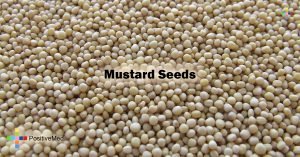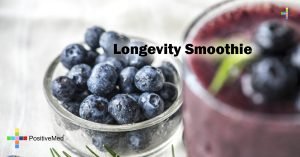
The Pros and Cons of Nutritional Supplements
Many health fanatics have debated about whether or not taking nutritional supplements are helpful to the diet. Some experts feel that we can obtain all of the necessary vitamins and minerals from our diet. It is finally time to take a look at both sides of the argument in order for everyone to make an educated decision if vitamin and mineral supplements are needed.

Understanding Supplements
There are many types of dietary supplements that serve various purposes. Supplements such as vitamins, minerals, herbs, and enzymes provide extra energy, build muscle, and aid in healthier sleeping patterns.
Depending on your lifestyle, some nutritional supplements could help improve your health and fitness goals. The Centers for Disease Control and Prevention states that the most common form of nutritional supplement taken by adults is a multivitamin. The Harvard Health Publications reports that many adult diets lack the proper amounts of calcium, potassium, magnesium, and several vitamins.
So, the facts say it makes sense to supplement. However, everyone’s body is different. That is why it’s important to look at the pros and cons of supplementing your diet.
The Pros
Dietary supplements aid in promoting optimal health. Since it may be difficult for some people to obtain all of the proper amounts of essential vitamins and minerals every day, the percent daily value (DV), nutritional supplements help fill the gaps. Filling in the gaps is an important preventative measure to maintain good health.
If you are someone who eats on the run, or someone’s whose parenting or work schedule prohibits sitting down at the table for a well-balanced meal every day, supplements can ensure you the essential vitamins and minerals your body needs.
In addition, some supplements are necessary if you have specific diet restrictions, such as being vegan or vegetarian when some nutrients may be harder to consume. In addition to food sources, it may be important to take a B-12 supplement to compliment your diet in the case of restricting animal by-products.
RELATED ARTICLE: Should We All Go Vegetarian? What Types of Meat Are Actually Cause Cancer?
Furthermore, nutrient deficiencies may cause conditions such as anemia and a weak immune system and can be prevented by taking dietary supplements.
Whether you are taking supplements for maintenance or to help regulate your body due to a medical condition, there are a wealth of benefits that supplements can offer your body.
The Cons
Despite how useful nutritional supplements may be, there are some cons to be aware of. These dietary supplements aren’t meant to be a food replacement—this is the most important thing you need to remember. There are many types of vitamins and minerals that are found in food that supplements can’t provide.
Phytochemicals, for example, are best found in food sources such as whole foods, grains, fruits, and vegetables. It is important not to rely on your nutritional supplement to provide all of your daily nutritional needs. If supplements are taken in too high amounts, there is potential for toxicity.
Additionally, if you are taking more than one dietary supplement, it is important to monitor the amount you consume to not exceed your daily amount.
The most important thing to remember when using supplements is to monitor your body. If you feel your body is not accepting the supplement well, monitor and adjust until you find what works for you.
Conclusion
While there are plenty of pros and cons to taking dietary supplements, it is important to talk to your healthcare professional to decide whether they are right for you. Depending on your current health and your goals overall could affect what supplements you need, if any. With the proper research and care, you can better decide if nutritional supplements are right for you.
Disclosure Policy:
This blog is a collaborative blog written by a group of individuals. This blog accepts forms of cash advertising, sponsorship, paid insertions or other forms of compensation. The compensation received may influence the advertising content, topics or posts made in this blog. That content, advertising space or post may not always be identified as paid or sponsored content. The owner(s) of this blog is compensated to provide opinion on products, services, websites and various other topics. Even though the owner(s) of this blog receives compensation for our posts or advertisements, we always give our honest opinions, findings, beliefs, or experiences on those topics or products. The views and opinions expressed on this blog are purely the bloggers’ own. Any product claim, statistic, quote or other representation about a product or service should be verified with the manufacturer, provider or party in question. This blog does contain content which might present a conflict of interest. This content will always be identified.






